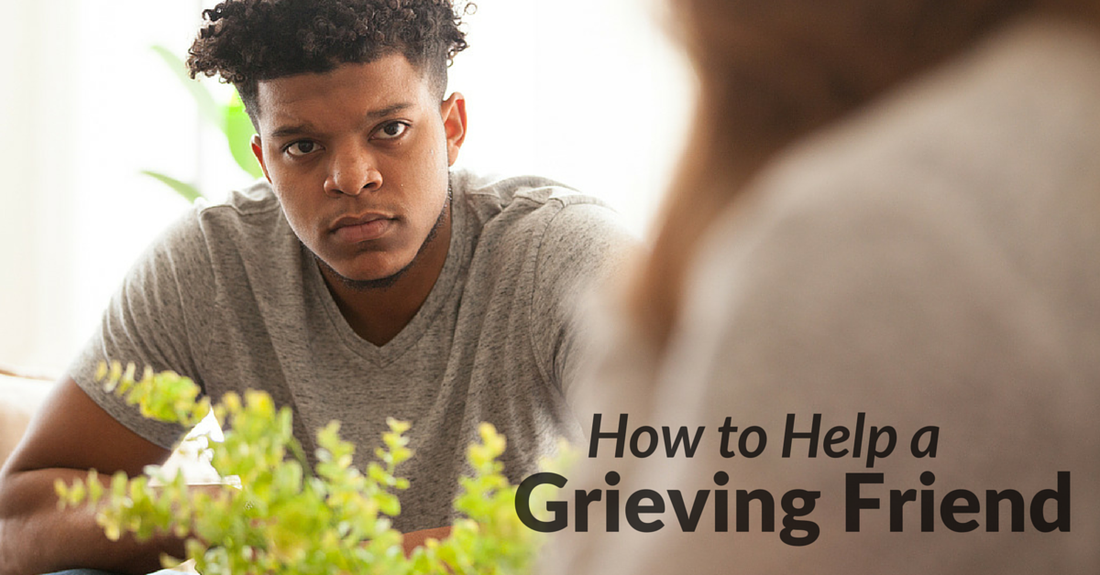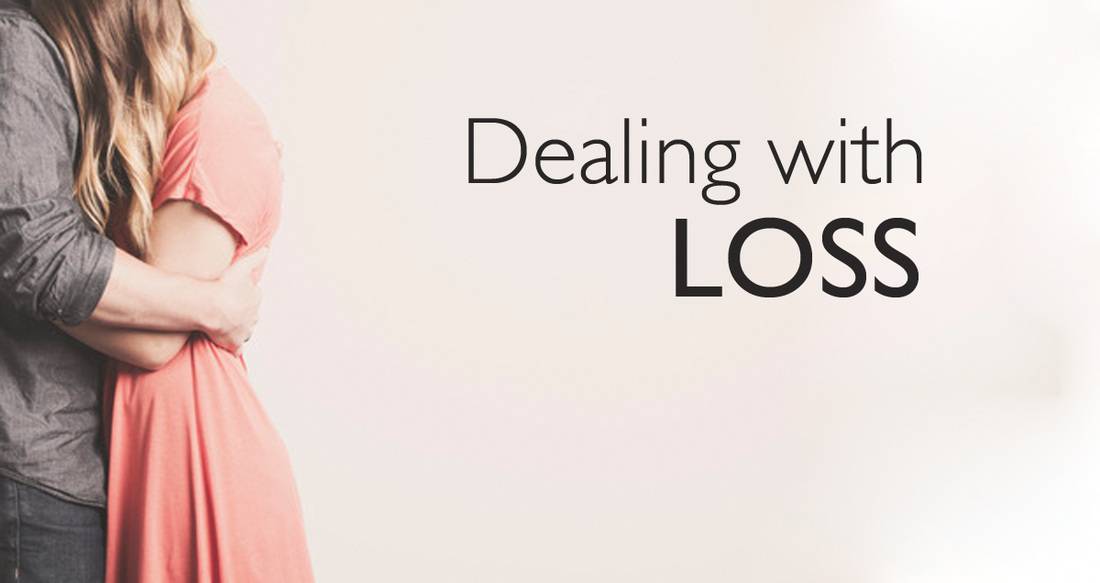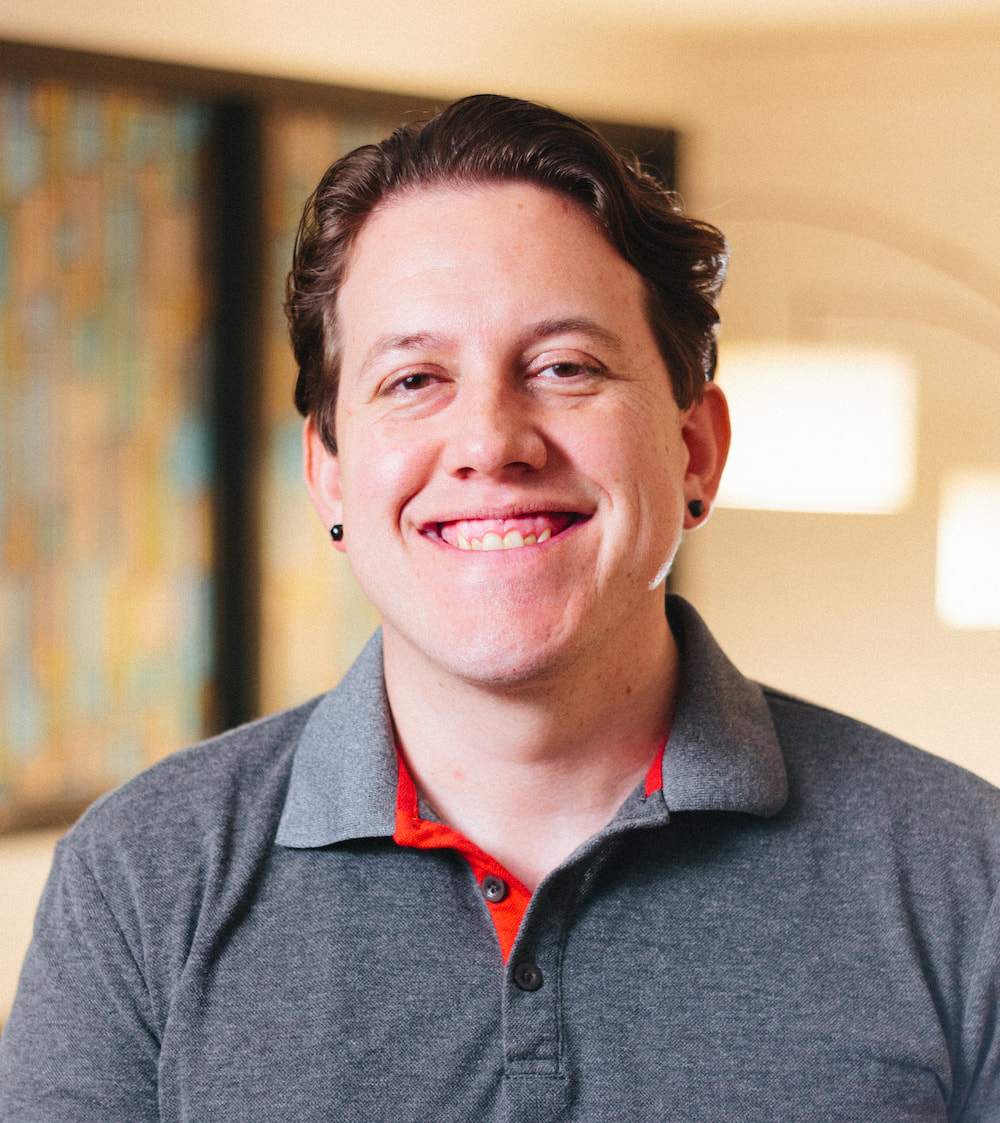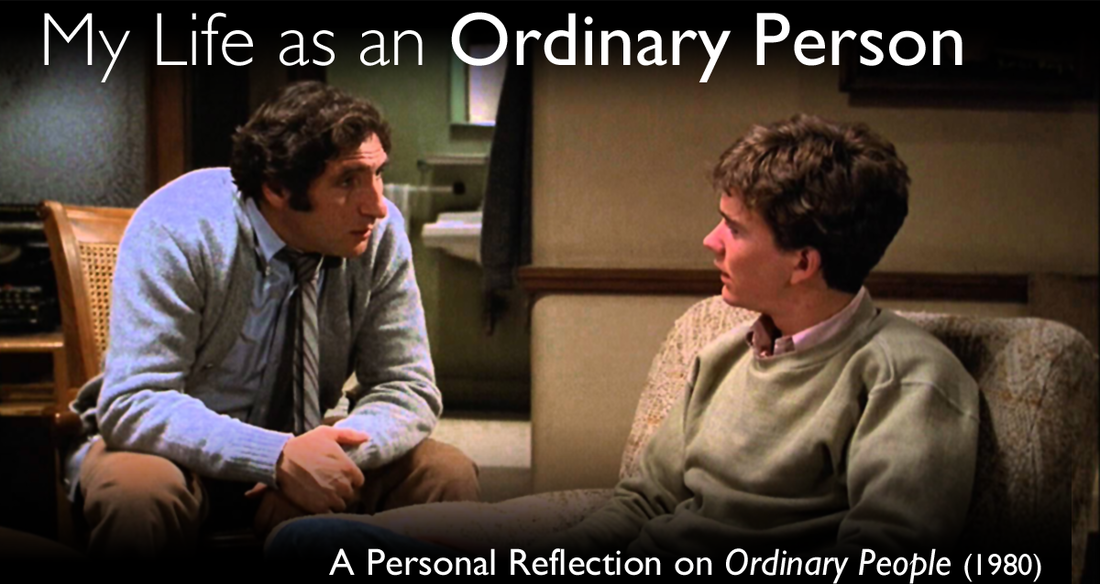|
When the news shows us another tragedy, such as the horrific events that happened at Sandy Hook Elementary School in 2012, it’s unimaginable trying to visualize what the parents and family went through. What do you say to someone who has lost a child? The best thing? Nothing. Often when we see someone going through a hard time, we feel pressured to give some sort of consolation. It’s understandable—we feel bad for the person and we want them to feel better, but many times what a grieving person needs most is not a series of platitudes or bible verses, but simply your presence. Grief is the most complex series of emotions anyone can go through. There’s sadness, anger, rage, despair, confusion and more. Grief can’t be pushed aside, ignored or softened. It has to be experienced. It has to be metabolized. Failure to do this can lead to negative long term effects. It won’t go away unless it’s dealt with. But how? Through the support of other people who care. When you’re grieving, sometimes God doesn’t seem to be there at all. God often doesn’t answer the ‘whys’ during those hard times. We too should refrain from doing so when comforting others. Just be there for them. Sit in a living room in silence with them for a few hours. Listen to them talk about the person they lost. Laugh when they laugh as they remember the good times. Help them feel less alone. They’ll thank you for it. You will be the presence of God to them during those darkest hours. For more on the topic of grief, see: Dealing with Loss
I remember the first time I moved away from home. It was my freshman year in college when I made the trek from Arizona to Kentucky to attend Asbury University. I was excited about starting college, but was going to miss my family who would be 1,800 miles away. Even though exciting things were happening, I was temporarily losing something — constant contact with my family and the familiarity of how my life used to be at home. Grief comes with loss and change. Whenever we think of grief, we think of the sadness that accompanies the death of a loved one. In reality, grief occurs whenever we lose something important to us. While the death of a family member certainly fits the bill, it could be the loss of a relationship through a breakup or divorce, or the loss of a job. Grief also encompasses the change that comes as a result of the loss. Things are no longer as comfortable and we are forced to adjust. Even good things like marriage and the arrival of children means the end of a former way of life that was familiar. How do we get over it? There are healthy ways to grieve but also things we do that may get in the way of healthy grieving. Here are some things to keep in mind:
How to Grieve The only way to get over grief is to grieve. Grief is the most complex series of emotions humans are capable of experiencing. There is no time table for grief. The only way to get through it is to feel it, experience it, and eventually accept it. Some ways to process grief:
Grief is beautiful. During my first semester in college, I finally did feel better about living so far from home. What was harder was the fact that two people in my family died during my second month there—my great-grandmother and my cousin who was like a sister to me. It was hard to grieve so far from my family, but comfort came through several phone calls, some talks with my pastor, and the support of those around me. As I look back, I still feel sad whenever I think about my cousin, Nichole. I realize she's in a better place, but there is still a sadness that remains. And that's okay. It's more like a beautiful sorrow. Feeling loss means you had something that gave you joy to begin with. Grief is difficult but it doesn't negate joy. It makes you human, and makes you feel alive. Every deep cut leaves a scar. You will feel much better eventually—but there may always remain a remnant of sadness. Such experiences nurture a compassion for others going through the same thing—which is exactly what they'll need in the midst of their own loss. You can be the very presence of God to them during a time when you wish you had the same. Subscribe to My Newsletter
 Sometimes I will get a call or an email asking for counseling, then never hear from the person again. This is normal and I have come to expect it. Most people don’t reach out for help until they’re desperate or have run out of solutions. Yet many times, it’s not solutions we settle for, it’s distraction. Sadness, grief and anger are emotions that are disturbing and invade our lives at the most inconvenient times. Our first reaction is to bury these feelings and push them below the surface so we can carry on with our day-to-day lives. We opt for appearing like we have it all together while trying to numb the pain through various activities—resorting to anywhere from workaholism to alcoholism. But the feelings will return, and if deeply suppressed, may return with a vengeance years later. Unresolved grief can lead to depression, anger issues and a host of other problems. Unresolved grief will also negatively affect your personal relationships. It doesn’t help that America is a highly individualistic culture. We’re taught to pull ourselves up and not depend on others, even if it means that you should put up a false front. This has seeped into the American church as well. Some Christian teachers believe that should deny your emotions and completely ignore your feelings. “Doing the right thing” and simply believingin God has replaced having faith and trust in God. Yet there is a better way. We need to overcome the fear of our humanity and trust ourselves completely to God. He is not afraid of your feelings and wants you to pray in a way that shares exactly what is on your heart and mind so you can release it to Him. The Psalms are full of various people who cried out to God honestly with much emotion. The Lord may not give you an explanation, but He promises to carry you through. He will provide other people to walk with you and process your pain. He will give you the strength to overcome and you will eventually find peace as a result. The positive feelings will return. They will. Trust God with your whole heart—after all, He is the one who made it. Subscribe to My Newsletter 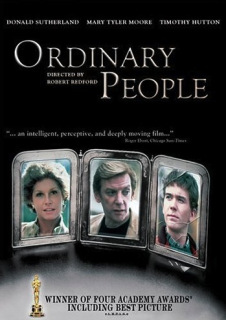 It was this film that influenced me to become a counselor. This post is one most personal pieces I've published publicly and details many of the things I've dealt with in my own life. I highly recommend this film to anyone who’s experienced deep loss. When I was in seminary several years ago, I was going to therapy. During one of our sessions, my counselor recommended a movie I had never heard of before. I wrote the title down and actually forgot about it for a couple months. One random day its title, Ordinary People flashed back into my memory. I decided to look for it on Netflix and watched it all the way through. The movie was dated, yet intense and unlike any film I had ever seen. Although the circumstances in the story were not exactly like those in own life, the emotions of the characters struck me right to the core. I’ve seen the movie over fifty times since then and no other film I’ve come across has touched me as deeply as this one. The story is set in Lake Forest, Illinois—an affluent neighborhood outside of Chicago. The Jarretts are a well-to do family who suffer a tragedy when their oldest son drowns in a boating accident. The family tries their best to move on and the story focuses primarily on Conrad, the younger son, as he tries to cope with the loss of his brother. Unable to bear the guilt, anger, and sorrow that accompany grief, Conrad makes a serious attempt on his life. He spends several months in a mental hospital and finally is allowed to return home. This is actually where the film begins and these preceding events are not revealed until later. 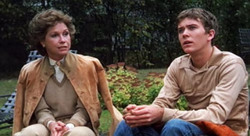 I relate so much with Conrad as he struggles with isolation, despair and the feeling of being misunderstood by almost everyone around him. His father is unable to connect with him and his mother tries repression, avoiding the issue altogether. What appears as an antagonist relationship between mother and son is actually a complex denial over the loss that affected both of them. My life has been marked by intense loss as I witnessed the unraveling and death of my own family—events that were beyond my control. As a result, I tried to grow up too quickly in order to move past the pain. In reality, it paralyzed a part of me—the part that is vulnerable and open with other people. In the movie, all is not left to desolation. Conrad agrees to see a therapist and begins to work on his anger and grief. With the support of his therapist and eventual girlfriend, Jeanine, Conrad is able to get in touch with his emotions and express his frustrations and hurt. His father is shaken by his son’s transformation and begins to break down as well. Beth, his mother, tries to remain steadfast in her repression. She keeps a stiff upper lip, regardless of the consequences and how it affects others. By the end of the film, Conrad has worked through the deepest of his most dark and intense emotions regarding the loss of his brother. He regains a sense of direction and hope for his life. His father also begins to see below the surface. He confronts his wife, who is unable to bear the burden of reality and decides to leave. It’s a sad ending that also holds a sense of hope, showing the transformation of two of the three family members. 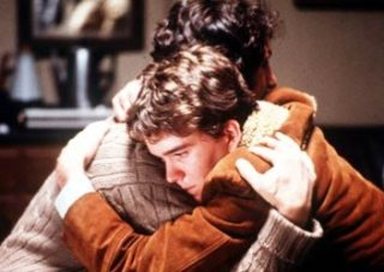 In my life, it has taken many years to truly mature into adulthood. I’ve faced my own grief, self-hatred and despair, and in the darkest of trials have held strong to my faith in God. Ordinary People is not a Christian film. In fact, the main character is an atheist. But the depiction of its characters is so real and very authentic. This is not a movie made by Walt Disney. There is no gospel scene where the main character accepts Christ. We are instead treated to an honest, vivid portrayal of a family’s struggle to move on amidst tragedy, even if the process is painful. I figure that the film is named Ordinary People because it simply shows the hurt and pain that every human being goes through. It’s hard. It’s something we want to avoid—but it’s an inescapable factor of life that eventually brings greater healing, hope, and even joy. It is in my own journey that I’ve felt the presence of God in the most trying and dark circumstances. But that doesn’t make me extraordinary. I’m ordinary…an ordinary person…and that’s just fine with me. |
Article Topics
All
Archives
July 2023
|
We're ready to help. Let's begin.
Peoria LocationInside State Farm
9299 W Olive Ave Ste 212 Peoria AZ 85345 |
Phoenix LocationInside CrossRoads UMC
7901 N Central Ave Phoenix AZ 85020 |
About |
Services |
EducationPrograms
ACPE Spiritual Care Specialist Pastoral Counseling Apprenticeship Deconstruction Course Free Grief Training Contact |
We're ready to help. Let's begin.
© 2024 Prism Counseling & Coaching. All Rights Reserved.
Christian DISC® is a registered trademark of Prism Counseling & Coaching.
Christian DISC® is a registered trademark of Prism Counseling & Coaching.

